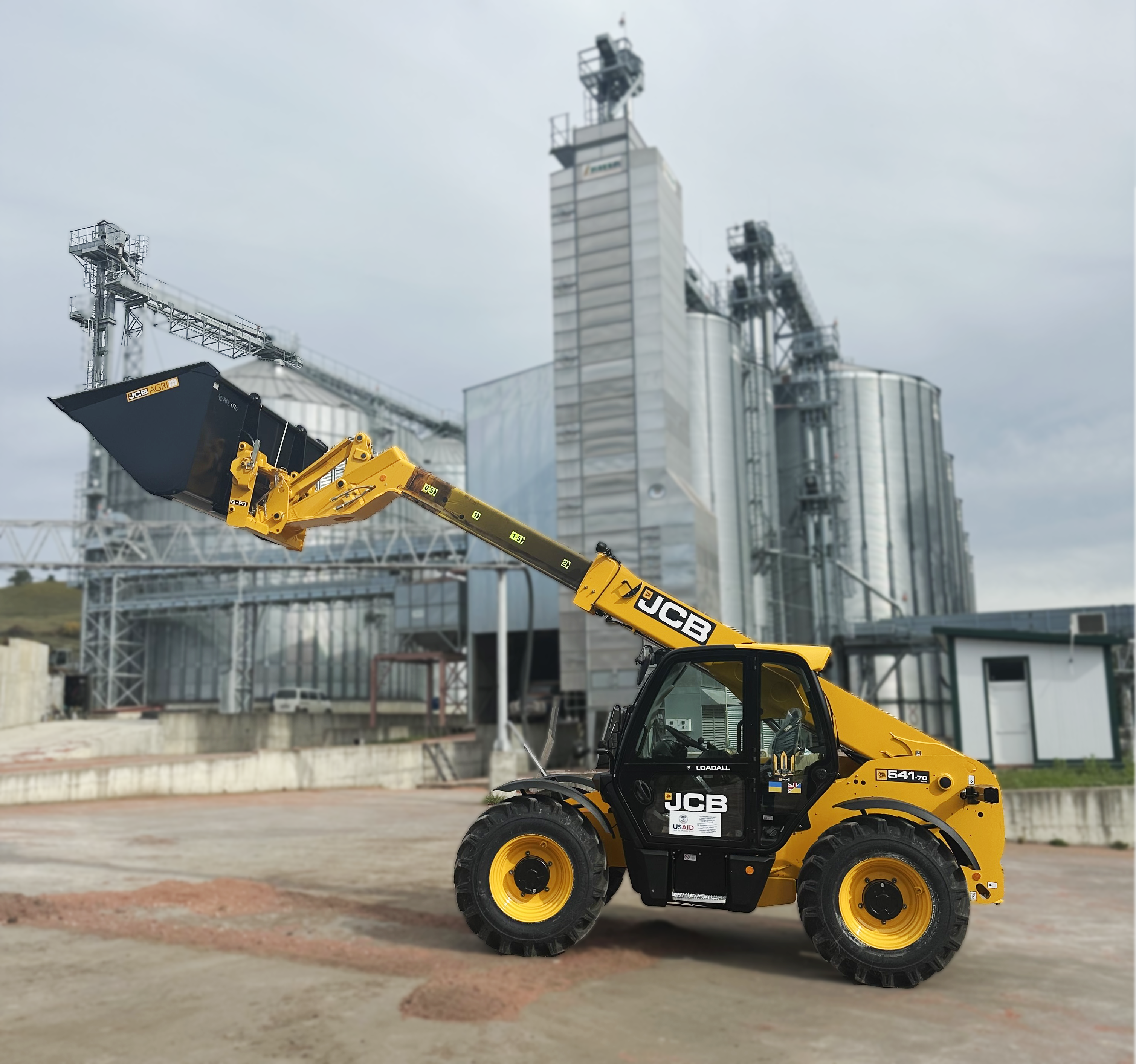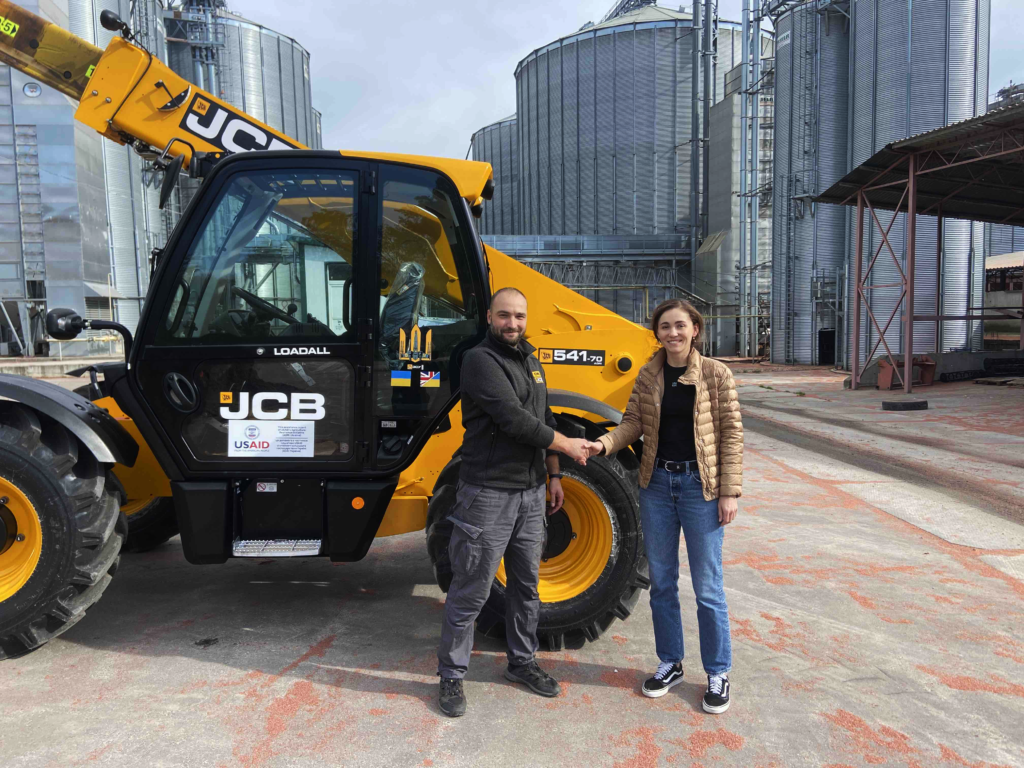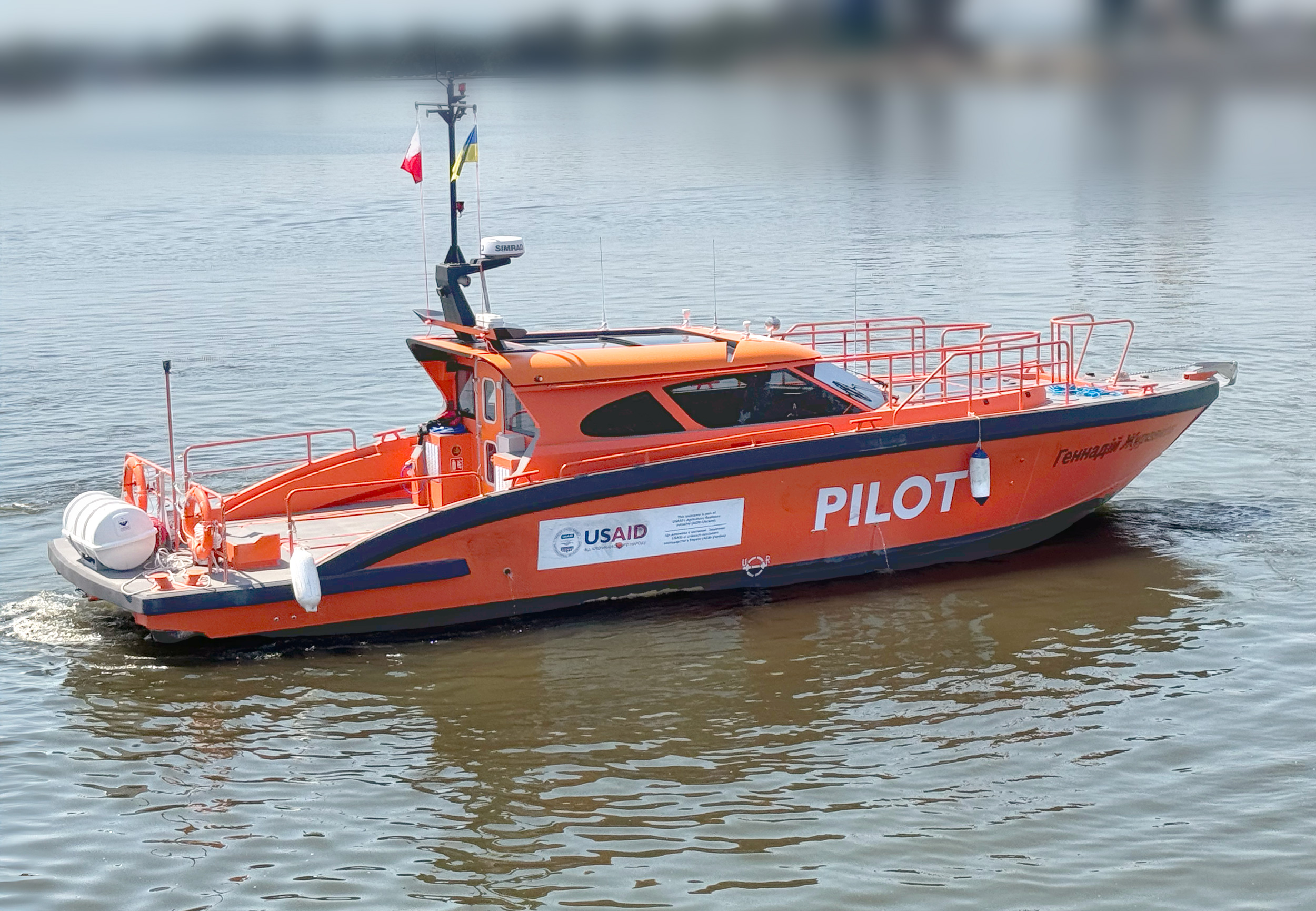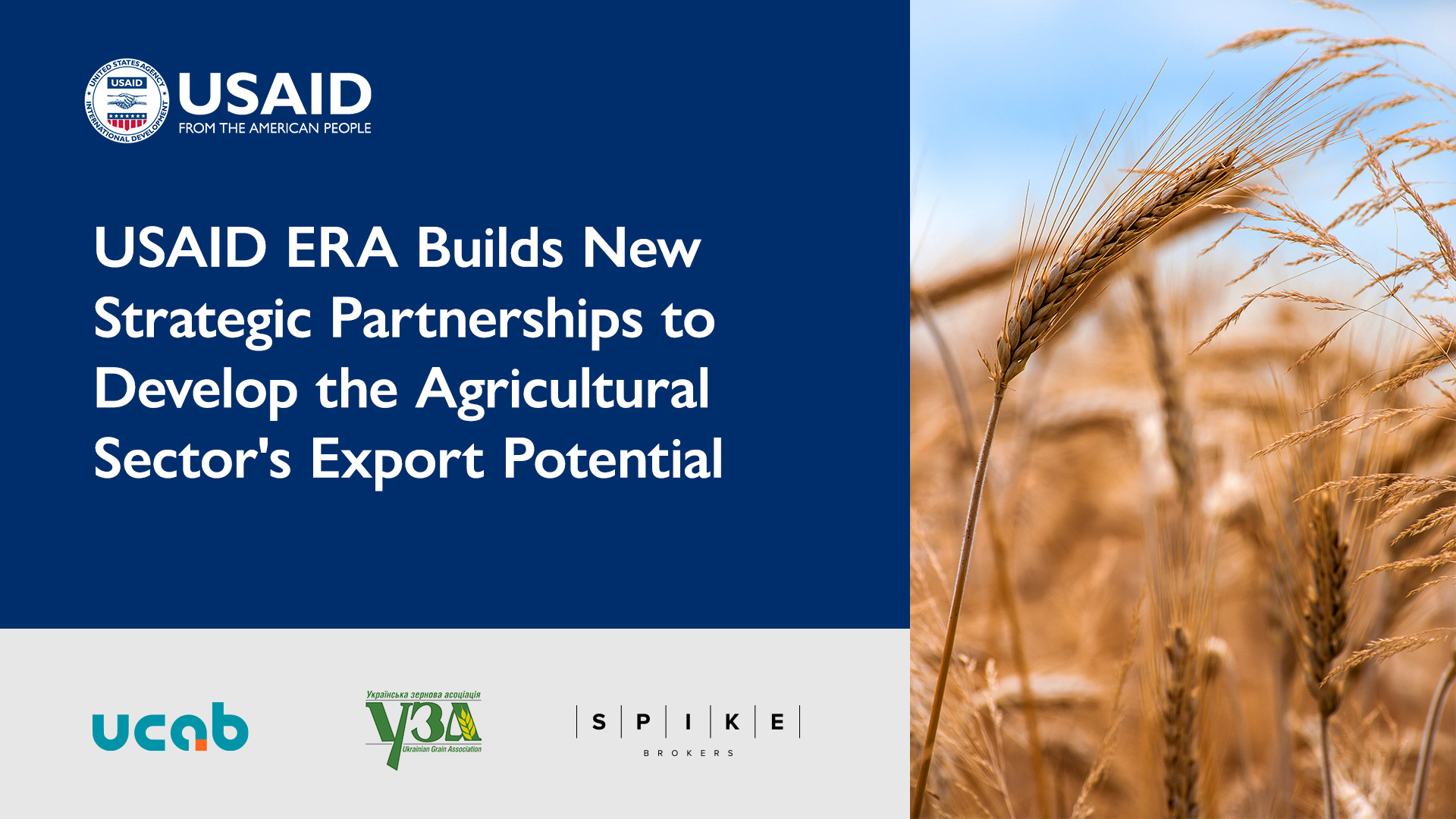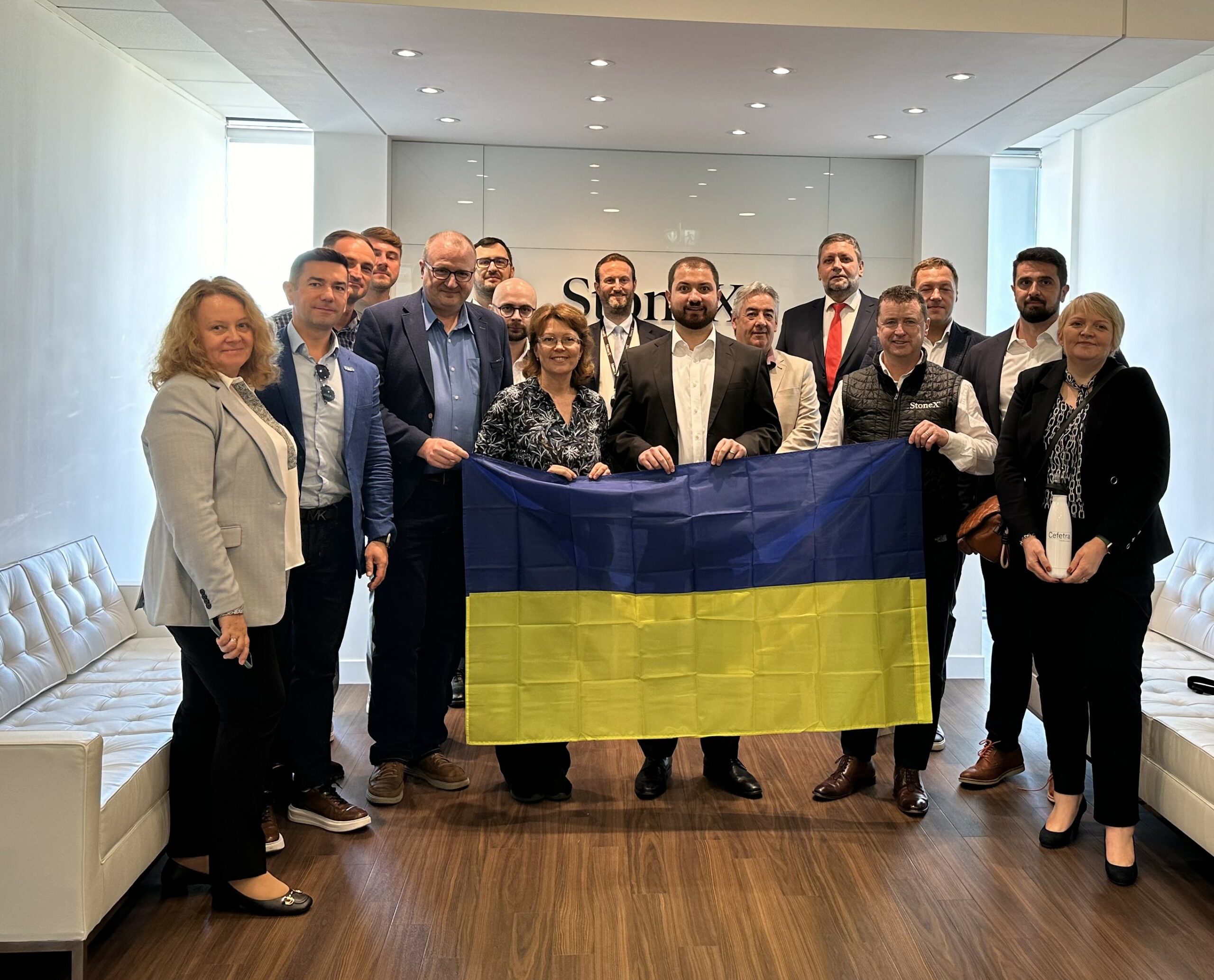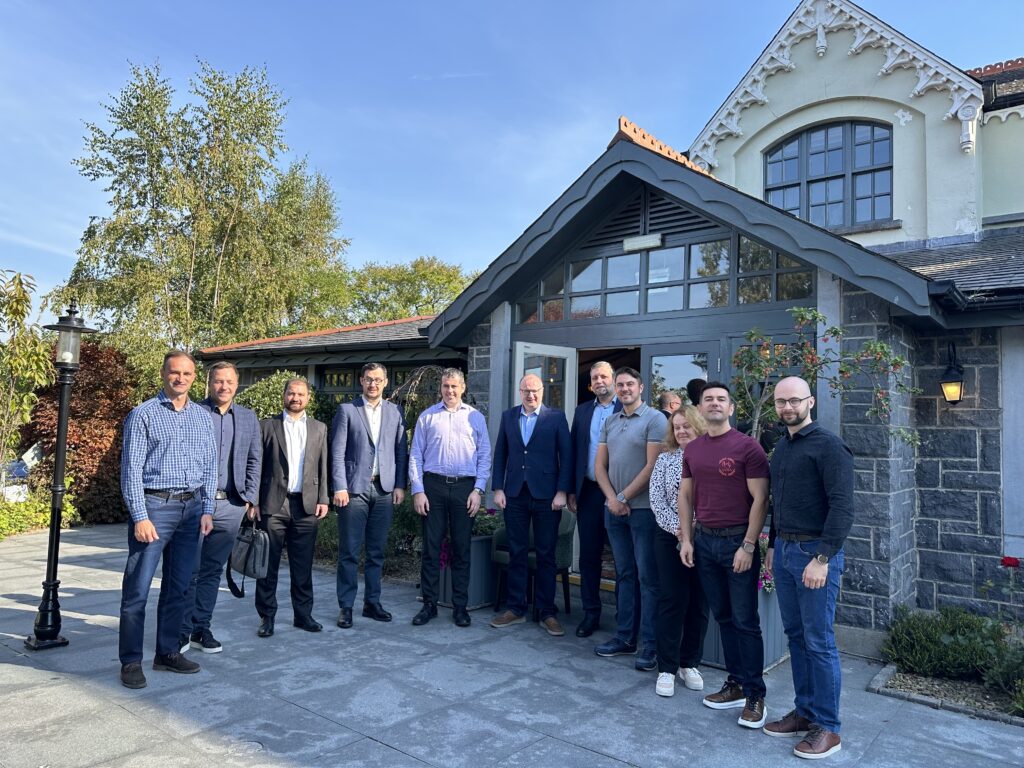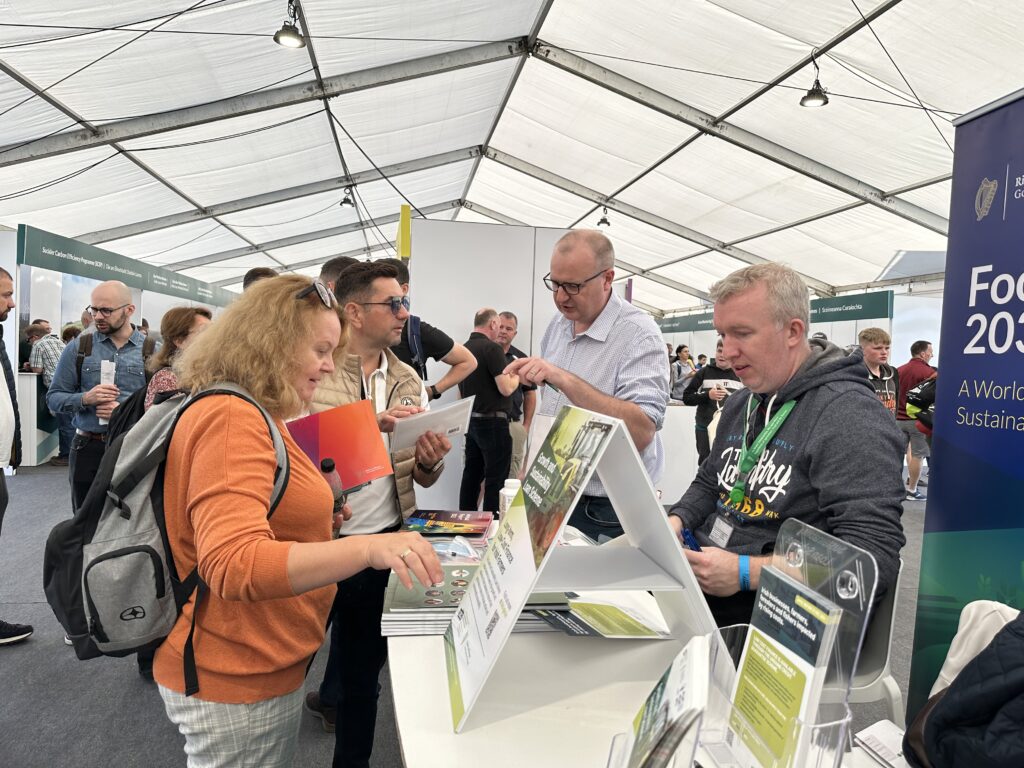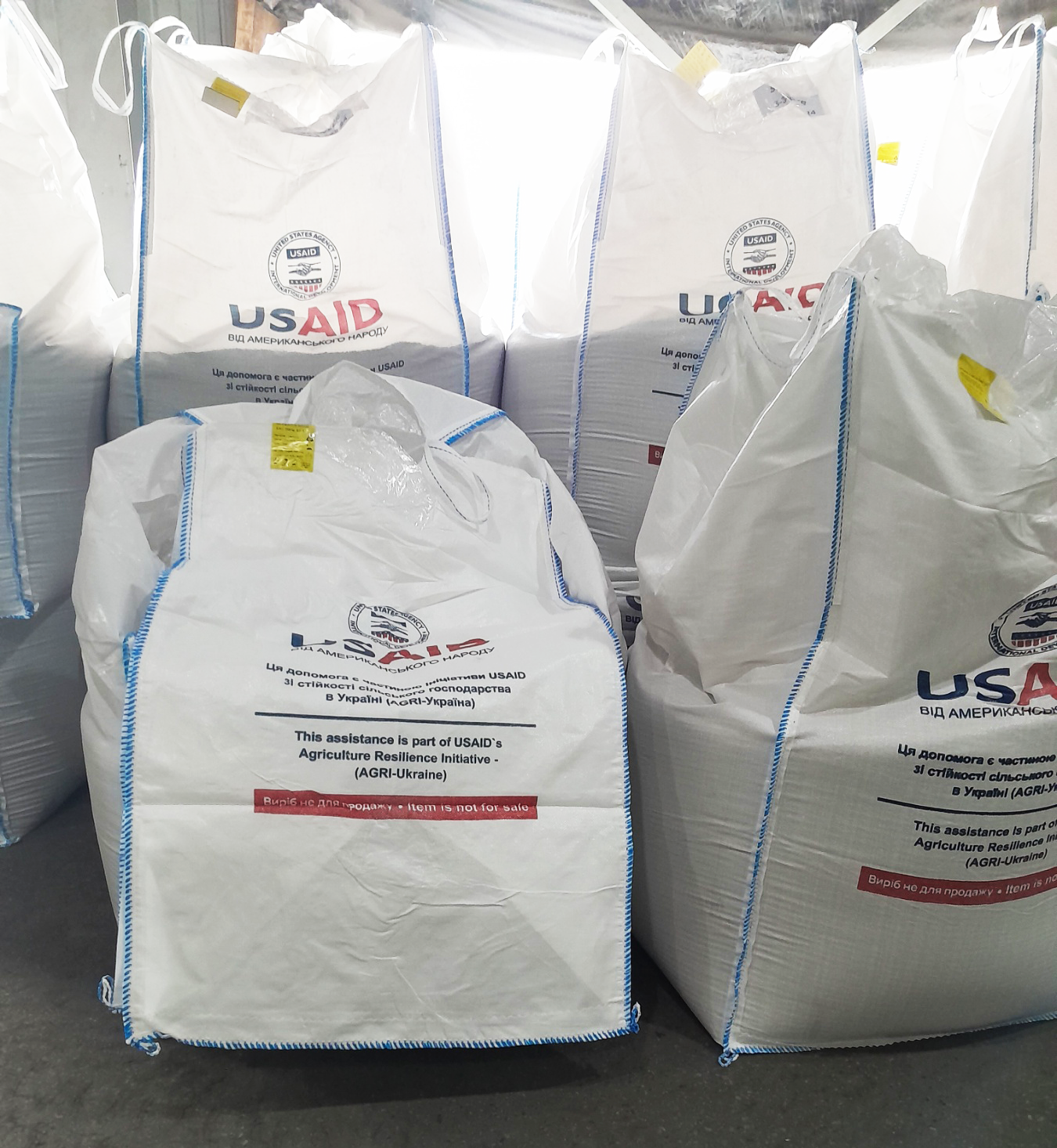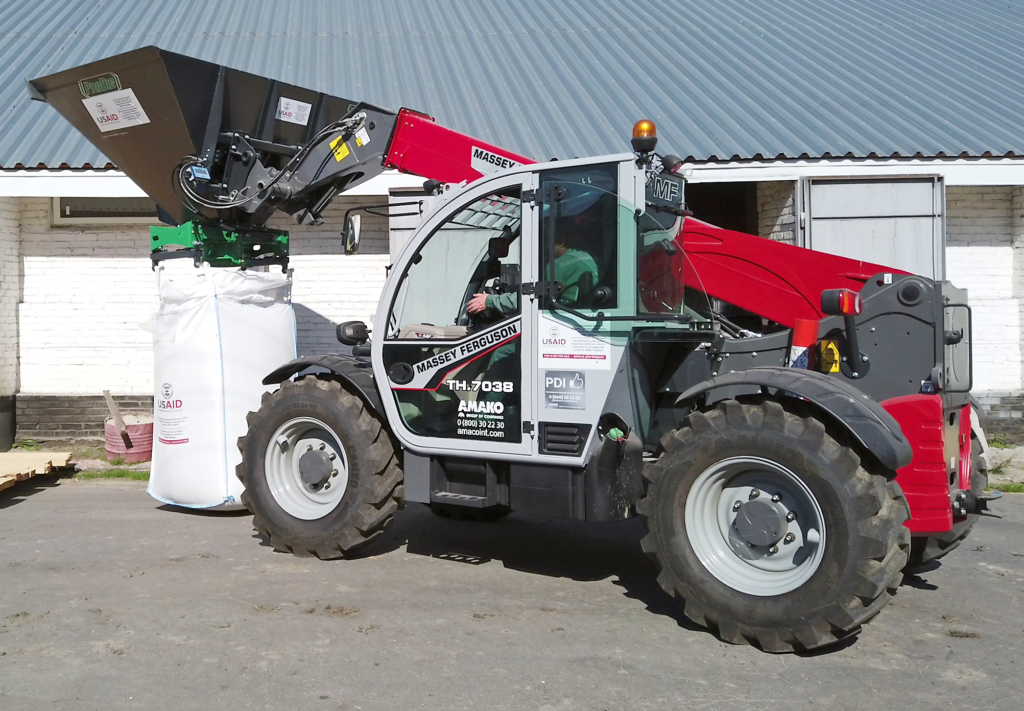Kyiv
ERA BACKGROUND
Ukraine’s efforts to win the future – emerging from Russia’s full-scale war ready to accelerate its development as a sovereign, independent, democratic, and prosperous state – require a dynamic, inclusive economic recovery. Through partnerships with the government and robust private sector engagement, ERA has supported economic growth and resilience in Ukraine since 2018. Following Russia’s brutal invasion of Ukraine in February 2022 and subsequent occupation of the part of Ukraine, ERA shifted from its focus on Eastern Ukraine to cover development priorities across the country that address Ukraine’s urgent needs in export logistics and infrastructural improvements.
AGRI-UKRAINE GRAIN EXPORT LOGISTICS
USAID’s Economic Resilience Activity (ERA) is one of USAID’s core partners implementing the $350 million Agriculture Resilience Initiative – Ukraine (AGRI-Ukraine) that was established in 2022 to bolster Ukrainian agricultural exports and alleviate the global food security crisis exacerbated by the war. Under AGRI-Ukraine, ERA partners with public and private companies to complement and leverage urgently-needed grain transportation and transshipment investments.
INFRASTRUCTURAL IMPROVEMENTS
ERA also directly supports the Government of Ukraine, including the State Agency for Restoration and Development of Infrastructure of Ukraine (SARDI), the State Customs Service and Ukrainian Railways, to upgrade 42 of Ukraine’s border crossing points (BCPs). Modern and more efficient border infrastructure and customs procedures will reduce export costs and increase export capacity, enabling Ukraine to scale trade and advance its path to EU integration.
ENERGY AND EMERGENCY RESPONSE (EER) SUPPORT
As one of USAID’s most flexible activities that responds to emerging and/or emergency needs, ERA is expanding its interventions that assist Ukraine businesses, communities or individuals in the fall and winter (September 2024-December 2025). The goal is to minimize the impact on the Ukrainian people and economy given recent power deficits. This is an adaptive component and ERA may also need to respond to other emergency needs in the face of ongoing Russian aggression and attacks on Ukraine’s critical infrastructure.
About the Job
AGRI Export Partnership Specialist will be responsible for coordinating and providing necessary data and information to support colleagues in developing effective market linkages between Ukrainian Agriculture Commodity exporters and international commodity buyer. This role is focused on enhancing export performance and productivity. The AGRI Export Partnership Specialist will assist to develop and coordinate capacity building interventions in collaboration with Technical and Operations teams. The role ensures that all activities are implemented according to schedule, with accuracy and to high quality standards, and for monitoring and reporting on their progress. The AGRI Export Partnership Specialist is based Kyiv and reports to International Market Linkages Senior Coordinator.
Responsibilities:
Export Capacity Enhancement:
- Liaise with the Supply Chain and Logistics Lead and other colleagues to maintain up-to-date market and activity information,
- Analyze the private agricultural market and propose partnership strategies with selected beneficiaries,
- Contribute to project planning, monitor progress, and ensure objectives are met within budget and time constraints,
- Determine content adoption metrics and define marketing and trade enablement best practices,
- Provide analysis and technical input on solutions developed for implementation of international programs and market linkages initiatives,
- Verify potential reputational and compliance risks (Know-Your-Client) from the open sources,
- Manage the repository of sales, trade, and marketing enablement content to ensure easy accessibility.
Content Management, Knowledge and Capacity Building:
- Conduct field visits or other business trips within Ukraine for due diligence, visibility check, preparation of USAID meetings and other request,
- Communicate with stakeholder to understand and respond to their needs in international trade training programs, with particular focus on supply chain development, and commodity sales and marketing,
- Develop customized marketing materials designed for publication and distribution within Ukraine and internationally to stakeholders in the global agricultural commodity marketplace,
- Assist to organize and launch marketing campaign aiming to enhance export sales, marketing, and trade performance for Ukrainian agricultural commodities,
- Develop success stories, case studies, and guides on marketing and trade,
- Lead the organization of events for USAID ERA beneficiaries and participate in various international trade shows to maximize market linkage opportunities.
Job expectations:
In this position, you are expected to share the DAI four core values:
- Integrity: commit to civil and ethical behavior, play by the rules, and do the right thing;
- Responsibility: be accountable to clients, partners, grant recipients, beneficiaries, colleagues, and communities where we work. If you fall short, you own up, fix the problem, and get it right the next time;
- Excellence: adhere to the highest technical and professional standards in innovation, learning, and service;
- Global Citizenship: respect the cultural diversity and treat everyone everywhere with professionalism and dignity to make the world a better place.
About you:
- Bachelor’s degree or higher in Project Management, Economics, Sales and Marketing, or related fields.
- 6+ years private sector experience supporting sales and marketing or project coordination or management.
- Excellent professional communications and negotiation skills and ability to work with people at all levels of an organization.
- Ability to work both independently and in close cooperation with a remote team. Ability to work cross-functionally and internationally.
- An energetic, forward-thinking, and creative individual with high ethical standards and an appropriate professional image.
- A well-organized and self-directed individual with sound technical skills, analytical ability, good judgment, and strong operational focus. Ability to plan and meet specific deadlines.
- Holder of a valid travel passport and able to travel in Ukraine, and out of Ukraine to potentially attend international export and trade events as needed.
- Exceptional written and verbal communication skills in both English and Ukrainian. Fluency in any other international languages relevant to the target geographies of AGRI’s market export initiatives is a plus (e.g. Arabic, Dutch, French, German, Italian or Spanish).
WE OFFER
Contract length: 12-month employment agreement with a possibility of extension.
Start date: December 2024.
Benefits Package:
- 28 calendar days of annual leave
- 10 days of internal well-being paid leave per year
- Medical Insurance for ERA staff and their families
- Life and Injury Insurance for ERA staff
- Full coverage of all business trip related expenses.
Application process
All applicants must send a cover letter and updated CV (no longer than four pages) in English to ukraine@dai.com .
All qualified applicants will receive consideration for employment without regard to race, color, religion, sex, sexual orientation, gender identity, national origin, disability, age, or status as a protected veteran.
Closing date for applications: December 25, 2024.
For further information about DAI GLOBAL LLC, please consult our website https://era-ukraine.org.ua/en/
